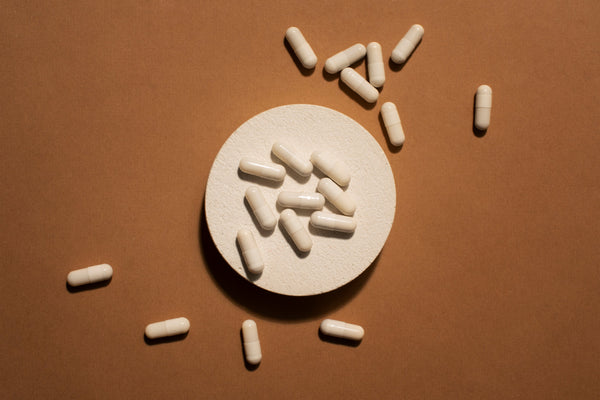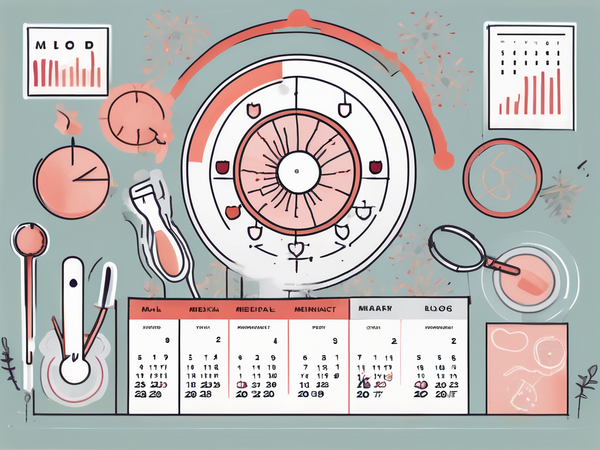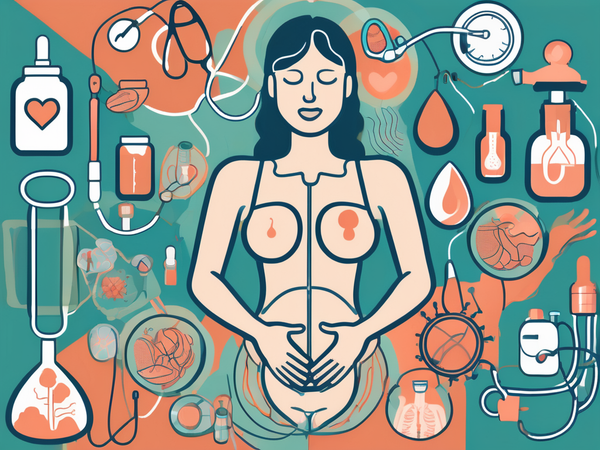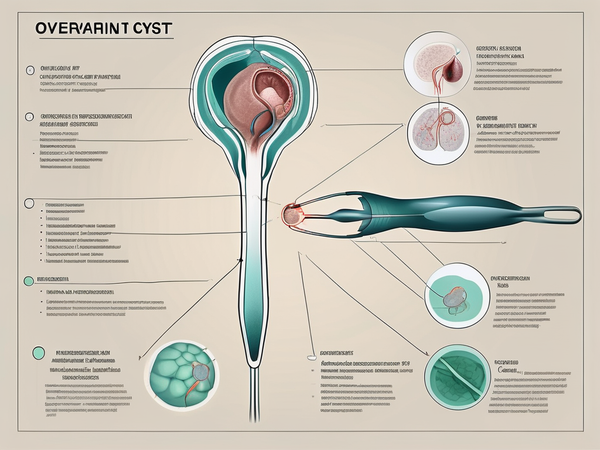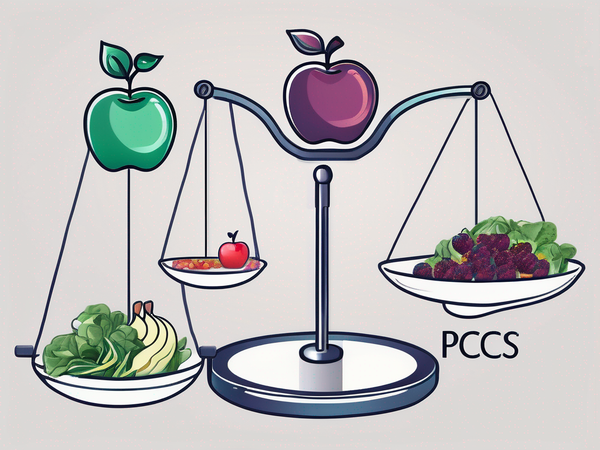Irregular periods, mood swings, frequent skin breakouts, or difficulty losing weight. You may have PCOD or PCOS. Although both terms are often interchangeably used, they are clinically different and have similar manifestations. Our body keeps giving us silent clues about underlying conditions; do not ignore them. Through today's article, let’s identify the classical signs and symptoms of PCOD and PCOS and ways to deal with them.
Both PCOD and PCOS are conditions that affect the ovaries of women due to hormonal imbalances during their childbearing years. PCOD is a common disorder with a definite cause, while PCOS is a syndrome (a severe medical condition) without a definite cause or treatment.
PCOD occurs when the ovaries start producing multiple immature or partially mature eggs called cysts, most commonly triggered by a poor lifestyle, stress, hormonal imbalance, and obesity.
PCOS, on the other hand, is a metabolic disorder or a more serious form of PCOD where excess androgens (male hormones) are released that interfere with the maturation and release of eggs, turning them into cysts or, in severe cases, no production of eggs (anovulation).
Women with PCOD may not have fertility problems, unlike women with PCOS. Women with PCOD may be able to conceive with a corrected lifestyle and certain medications. In contrast, women with PCOS can have serious trouble conceiving due to birth complications and other metabolic conditions.
Signs and Symptoms of PCOD and PCOS
Both PCOD and PCOS have some common signs and symptoms
1. Irregular Menstrual Cycles:
One of the hallmark symptoms of both PCOD and PCOS is irregular menstrual cycles. Women with these conditions may experience infrequent periods or prolonged gaps between menstrual cycles. This irregularity is often a result of hormonal imbalances, specifically elevated levels of androgens, the male hormones.
2. Ovulatory Dysfunction:
PCOD and PCOS can disrupt the normal ovulation process. Women with these conditions may face challenges in releasing eggs regularly, leading to fertility issues. Ovulatory dysfunction is a significant concern for those planning to conceive.
3. Cyst Formation in the Ovaries:
PCOD, as the name suggests, is characterized by multiple small cysts in the ovaries. These cysts may affect the normal functioning of the ovaries and contribute to hormonal imbalances. In contrast, PCOS involves a combination of factors such as cysts, hormonal imbalances, and metabolic issues.
4. Hormonal Imbalances:
Elevated levels of androgens, insulin resistance, and abnormal levels of other hormones are common in both PCOD and PCOS. These hormonal imbalances can lead to a range of symptoms, including acne, excessive hair growth (hirsutism), and male-pattern baldness.
5. Weight gain and difficulty losing weight:
Women with PCOD and PCOS often struggle with weight management. Insulin resistance, a common feature of these conditions, can lead to weight gain, especially around the abdominal area. Difficulty losing weight despite efforts to maintain a healthy lifestyle is a common challenge faced by many.
6. Skin Issues:
Hormonal imbalances associated with PCOD and PCOS can manifest as skin problems. Individuals with these conditions often report acne, oily skin, and skin tags. Addressing the underlying hormonal issues can contribute to improved skin health.
7. Emotional and psychological effects:
The hormonal fluctuations and physical symptoms associated with PCOD and PCOS can take a toll on mental health. Women with these conditions may experience mood swings, anxiety, and depression. Recognizing and addressing these emotional aspects is crucial for comprehensive management.
Managing Signs & Symptoms of PCOD & PCOS
1. Lifestyle Modifications:
Healthy Diet: Focus on a balanced and nutritious diet. Include whole grains, fruits, vegetables, lean proteins, and healthy fats. Limit the intake of processed foods, sugars, and refined carbohydrates.
Regular Exercise: Engage in regular physical activity, such as brisk walking, jogging, swimming, or cycling. Exercise helps improve insulin sensitivity and can aid in weight management.
Weight Management: Maintaining a healthy weight is crucial for managing PCOS/PCOD. Even a modest weight loss can significantly improve symptoms.
2. Medications:
Certain medications, such as birth control pills, anti-androgen medications, or metformin, can help regulate menstrual cycles, reduce symptoms of acne or hirsutism, and improve insulin resistance.
3. Hormonal Therapies:
If fertility is a concern, certain fertility medications, injectable hormones, or surgical procedures such as laparoscopic ovarian drilling may be used to stimulate regular ovulation.
4. Symptomatic Relief:
Anti-inflammatory medications such as nonsteroidal anti-inflammatory drugs (NSAIDs) or PMS relief supplements such as period pain relief strips may help relieve PMS symptoms.
Topical Treatments For acne or hirsutism, topical treatments or hair removal methods can be considered.
5. Regular Monitoring:
Regular check-ups and periodic blood tests may be suggested to monitor hormone levels, glucose levels, and lipid profiles, manage symptoms, adjust medications if necessary, and address concerns.
6. Emotional Well-being:
Mental Health Support: PCOS and PCOD can have emotional and psychological effects. Seeking support from mental health professionals or support groups can be beneficial.
Wrapping Up
Polycystic Ovary Disease (PCOD) and Polycystic Ovary Syndrome (PCOS) are hormonal disorders affecting people with ovaries. Symptoms include irregular periods, ovarian cysts, acne, and weight gain. PCOS may lead to fertility issues. Recognizing these signs early is vital for timely intervention and holistic management of these conditions. If you can identify with the above symptoms, get yourself examined by a professional for prompt diagnosis and management of the symptoms or treatments for their associated conditions.













